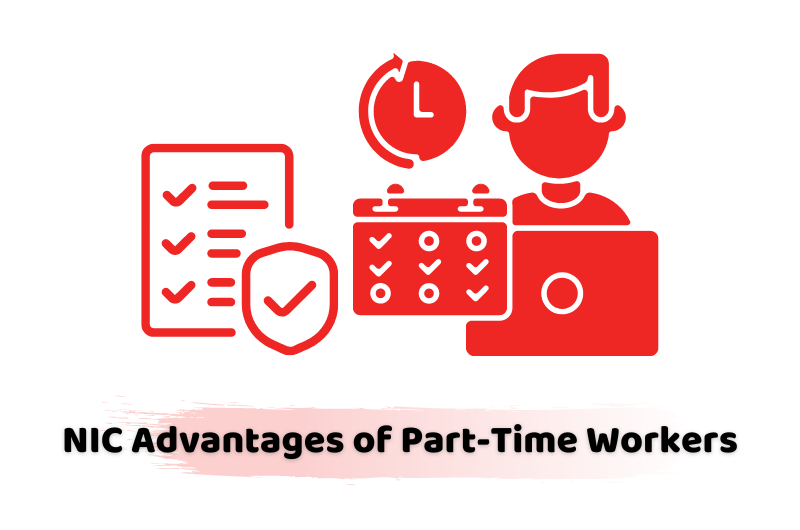Employers looking to take on new staff may wish to consider employing two or more part-time workers rather than one full-time worker. This can save them National Insurance.
Employers are liable to pay secondary (employer’s) Class 1 National Insurance contributions on an employee’s earnings to the extent that they exceed the relevant secondary threshold. For 2023/24, the secondary threshold is set at £175 per week, £758 per month and £9,100 per year. Higher secondary thresholds apply where the employee is under the age of 21, an apprentice under the age of 25 or an armed forces veteran in the first year of their first civilian employment (set at £967 per week, £4,189 per month, £50,270 per year). Where the employer has physical premises in a Freeport tax zone, the secondary threshold is set at £481 per week (£2,083 per month, £25,000 per year) for the first 36 months of a new Freeport employee’s employment.
One Secondary Threshold Per Employee
An employer is entitled to one secondary threshold per employee. Consequently, if an employer takes on one full-time employee, they only benefit from one secondary threshold, whereas if instead they take on two part-time employees, they benefit from two secondary thresholds. The savings are illustrated in the following example.
Example
An employer is deciding whether to take on one full-time employee, who will be paid £4,000 a month, or two part-time workers who will each be paid £2,000 per month.
The employer will pay secondary Class 1 National Insurance of £447.40 (13.8% (£4,000 – £758)) per month on the earnings of the full-time employee.
By contrast, the employer will pay secondary Class 1 National Insurance of £171.40 (13.8% (£2,000 – £758)) on the earnings of each part-time employee – a total of £342.80 for both part-time employees.
By taking on two part-time employees rather than one full-time employee, the employer saves National Insurance of £104.60 per month -– an annual saving of £1,255. This is because the employer is able to benefit from an additional secondary threshold of £9,100 on which no contributions are payable.
The employees will pay primary contributions on their earnings to the extent that they exceed the primary threshold.
Employees Can Benefit Too
Employees can also benefit from National Insurance savings if they have two or more part-time jobs, rather than one full-time job, as they benefit from the primary threshold in each job. Employee’s contributions are calculated separately for each job and are only payable to the extent that the earnings from that job exceed the primary threshold, set at £242 per week, £1,048 per month and £12,570 per year for 2023/24.
Beware the Aggregation of Earnings Rules
The aggregation of earnings rules are anti-avoidance rules that prevent a job from being split artificially to benefit from multiple thresholds. Where the jobs are with the same employer or the employers are carrying on business in association with each other, the earnings from the different jobs must be aggregated and the National Insurance liability calculated on the total earnings. An exception applies where it is ‘not reasonably practicable’ to aggregate the earnings.
Partner Note: SSCBA 1992, ss. 5–9B; Sch. 1, para. 1.





















































